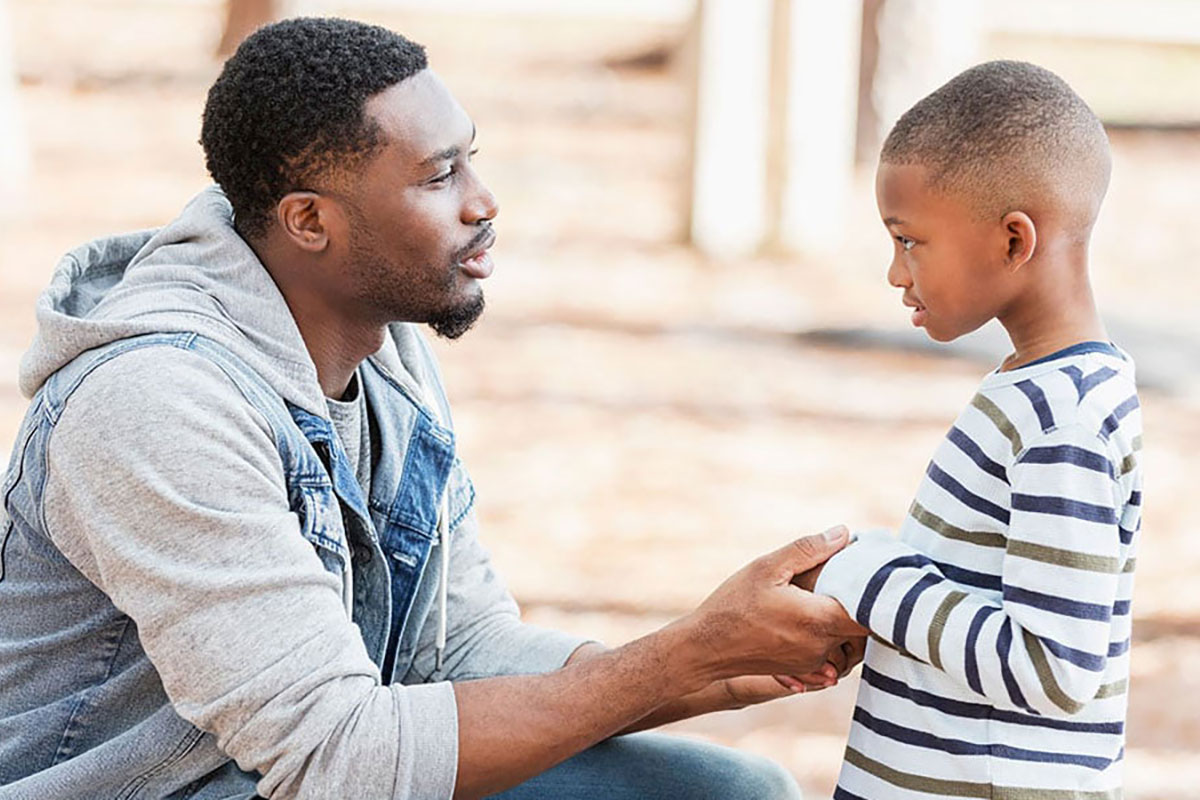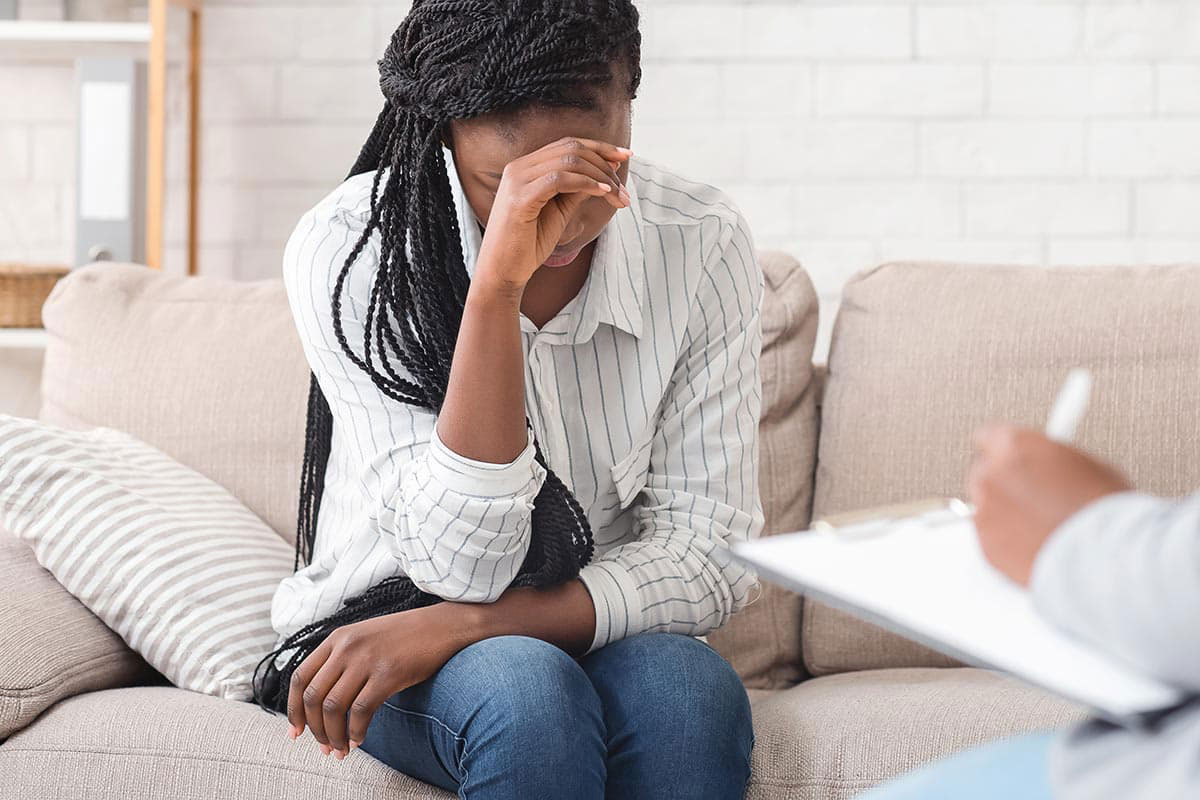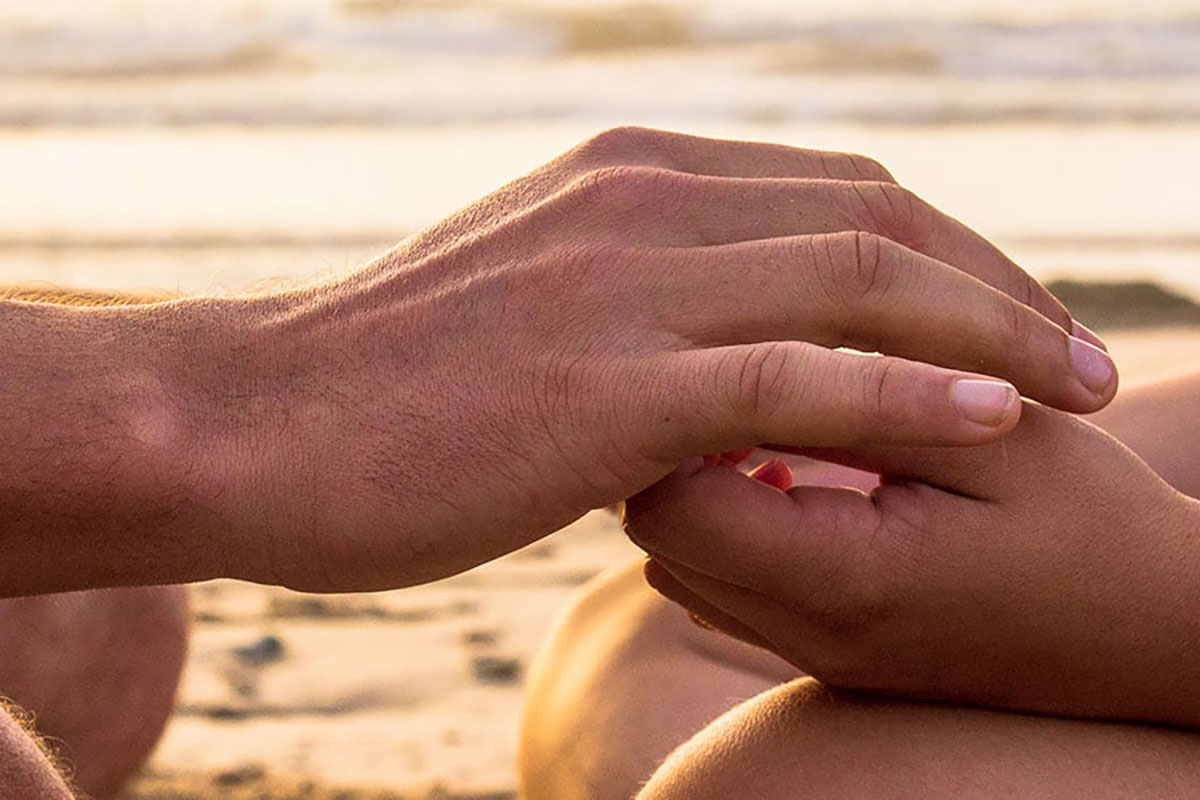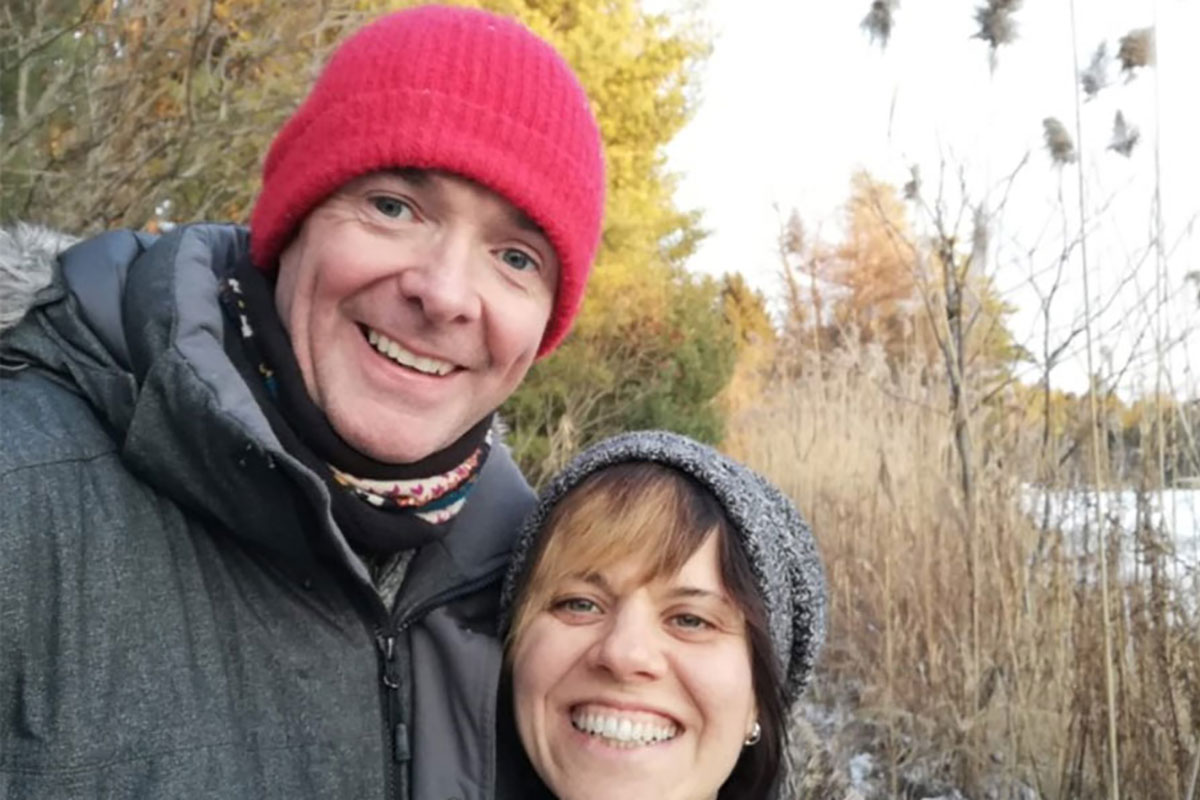Motivation to engage in self care and New Years resolutions
One of the main points in DBT is having a commitment to engage in therapy to achieve your “life worth living goals”. I see similarities between this and New Year’s resolutions: if the resolutions are not guided by a self motivated commitment and an honest exploration of the reinforcement patterns associated with the behaviours you are trying to change, then the resolutions may not last.
An example of a goal I set for myself last year, was trying to develop a regular exercise routine. I have been involved in some form of exercise on and off throughout my life and benefited from it both physically and mentally. However, I wanted to build exercise into my life as a regular and sustainable part of my routine. I explored what happened in previous attempts to engage in regular exercise. I found that the problem behaviour of stopping exercising was impacted by vulnerability factors such as overworking and feeling lonely when exercising. I noticed that the behaviour of giving up exercising was reinforced by eating unhealthy foods such as more sugary snacks and take outs, watching more TV and feeling more relaxed, but also having less energy and feeling lower moods.
I started by accepting the situation as it was and by not giving myself a hard time. This allowed me to engage in a non judgemental exploration of the pattern with a view towards changing it. I then explored the vulnerability factors and ensured that I exercised with a group of friendly people in a running group and at a friendly body positive gym (Loyobo), and I also reprioritized my physical and mental health rather than working too much. I wrote down what I wanted my physical and mental health to be like in a years time and what I wanted my work life balance to be like. I knew it was not guaranteed by any means and that many factors were at play but that I could have some control over some parts of it. Next, I ensured that I reinforced the behaviour of exercising by eating tasty healthy snacks and still spend some time watching TV and resting rather than over-exercising.
I am proud to say that I have been able to exercise 2-3 times a week doing things that I like doing with people that I enjoy being with, while also getting time to rest and relax. I earn less as I work less, but my overall health and happiness has improved significantly.
All this to say, New Year’s resolutions need a fair bit of planning, thought and analysis in order to make sustainable changes. I also think it is important not to wait until New Year’s Day to start, as each day presents an opportunity to recommit to self care, acceptance and change. Often the vulnerability factors associated with the post holiday season can impede behaviour change so beginning with resolutions before January might be more successful. It also takes some of the pressure off and means it does not have to be so absolute rather it can be something that you regularly work towards as a life goal rather than a New Year’s goal.
It can be difficult to make changes in behaviour particularly if we don’t explore the vulnerability factors, links and reinforcing consequences. Fortunately thinking and acting from a dialectical standpoint with a balance of acceptance and change can increase the likelihood of achieving what you consider to be a life worth living. Thanks for reading and I hope you have a peaceful holiday and a wonderful 2020!






